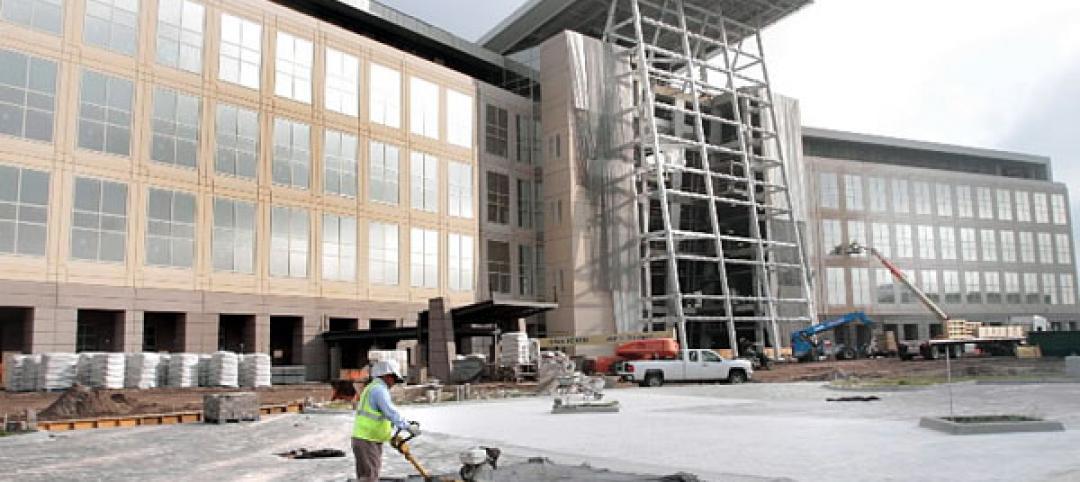The continued growth of zero energy buildings (ZEB) will be driven by commitment from developed and developing economies in pursuing ZEB targets, enforcement of stringent global building codes and standards, and advancements in building technologies.
That’s the assessment from a new report, Global Zero Energy Buildings (ZEB) Promise New Efficiency Beyond Cost and Innovative Technologies, 2020 by Frost & Sullivan. Today, less than 1% of the buildings in the world are ZEB-certified, the report says.
ZEB market restraints include ambiguities and inconsistency issues resulting in the absence of a universally approved definition and approach to ZEB. Also, current up-front costs for deploying ZEB technologies are high, and most building occupants are not ready for large-scale ZEB adaption.
The report looks at the ZEB market in five technological segments: high-performance heating, ventilation and air-conditioning (HVAC) Systems; energy-efficient lighting; solar photovoltaic (PV) systems and solar thermal systems; and energy-efficient building envelope materials. The market revenue of these technologies in 2019 was $86.1 million, the report says.
The report is available at: https://www.reportlinker.com/p06000043/?utm_source=GNW
Related Stories
| Feb 19, 2014
USGBC introduces new online educational platform
The U.S. Green Building Council has introduced “Education @USGBC” a new educational platform.
| Feb 17, 2014
Channeling weather forecasts to building systems can yield significant energy savings
Using weather forecasts to predict outdoor temperature changes can lead to significant energy savings, exceeding 10%, researchers say.
| Feb 17, 2014
Lawmakers may take away control of Florida hospital project from the VA
The project is $100 million over budget and has missed its scheduled completion date.
| Feb 17, 2014
Business, labor at odds over toughening of OSHA silica dust rule
OSHA says the rules will protect workers and prevent 700 fatalities annually. Others say the rules would hurt businesses and jobs.
| Feb 17, 2014
Tulsa, Okla., mulls code change to require storm shelters in new schools
State and city officials are pushing for increased bonding capacity to pay for the storm shelters.
| Feb 13, 2014
Appraisal Institute issues guidelines on evaluating green property
The Appraisal Institute and the Institute for Market Transformation have issued guidelines for training property appraisers to evaluate green buildings.
| Feb 7, 2014
New LEED Dynamic Plaque system will measure building performance
The U.S. Green Building Council recently unveiled the LEED Dynamic Plaque, which is a new system designed for benchmarking and comparing post-occupancy building performance on a global scale.
| Feb 7, 2014
Los Angeles officials struggle to deal with needed seismic retrofits
Sixteen years ago, the Los Angeles City Council decided against requiring retrofits of existing buildings because of the projected cost and the threat of losing 20,000 apartment buildings.
| Feb 7, 2014
Los Angeles officials struggle to deal with needed seismic retrofits
Sixteen years ago, the Los Angeles City Council decided against requiring retrofits of existing buildings because of the projected cost and the threat of losing 20,000 apartment buildings.
| Feb 7, 2014
EPA, Freddie Mac collaborate on energy- and water-efficient apartments
Freddie Mac will gather data on energy and water use from property owners, and encourage lenders to spend on energy-efficient investments for multifamily housing.











